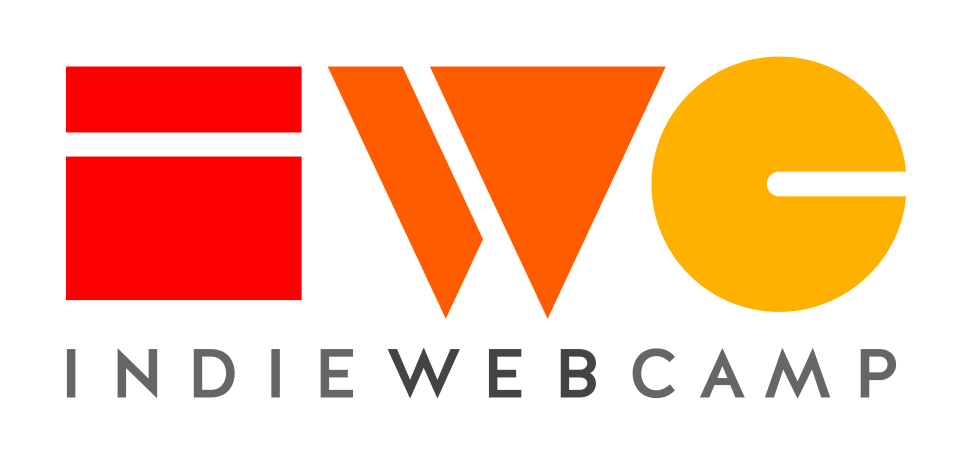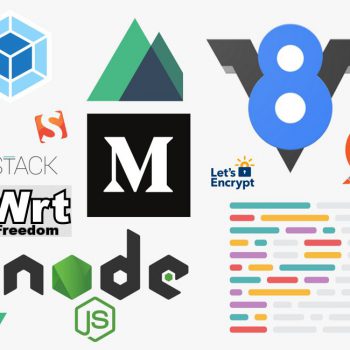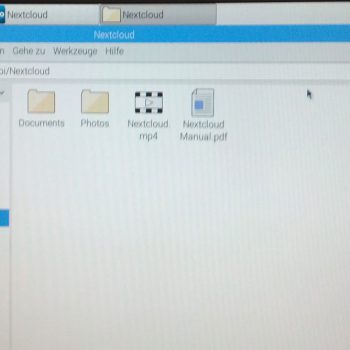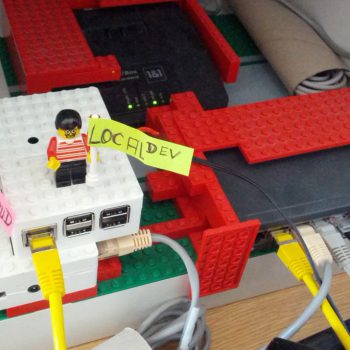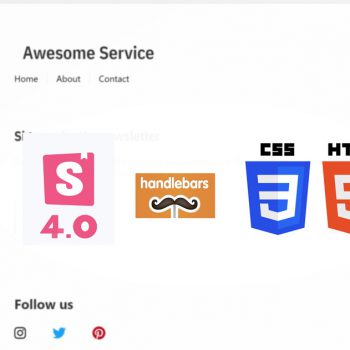The 6th edition of our Homebrew Website Club meeting took place at Betahaus in Berlin-Kreuzberg. Thanks to our new group at the meetup website, we got some fresh insights from by Gerben. He introduced his website snapshot tool WebMemex. His demo project saves the complete DOM of a website and downloads the external JS, CSS and image files. The content of the JS and CSS files are then included within the HTML Head elements. Image files, like .jpg, .pngs, and .gifs are stored as Base64-encoded image data within the HMTL file, as well. In the end, he is able to save a complete snapshot of a website in one(!) HTML file. That one HTML file can be parsed, edited and whatever you want to do afterwards. Pretty cool in my opinion! Especially, for bookmarking, history and other web apps (e.g. Wallabag) that is very interesting. Looking forward to his future Web Extension.
His tool also encouraged a complete discussion about the basic principles of the Internet. We talked about these projects with focus on linked data worldbrain.io, solid.mit.edu (NodeJS Server), Xanadu (and its never getting tired Ted Nelson). Talking about those projects links directly to my (not so cheerful) Semantic Web memories. However, I like to keep it pragmatic. Therefore, I started watching some GraphQL talks about making request to a linked-data-driven APIs. I don’t know the current state of Indie Web related to this topic. Beyond API design, I think focus on data standards (JSON-LD and Microformats) is good pragmatic solution for establishing data interoperability.
In that context, we started a side discussion about passive User Experience Design of Indie Web content. It would be cool to share and import data into other (web) apps. Furthermore, indie web content could be converted directly in pre-defined (better) accessible/readability templates.
That whole discussion ended up talking about the Indie Web spirit. Coincidently, I have watched a TV documentation the day before about the counter-culture movement of Silicon Valley during 1970-1990s (Die Silicon Valley-Revolution – Wie ein paar Freaks die Welt veränderten by Jan Tenhaven). They tried to shape a new society with the helpf of computers. The Homebrew Computer Club was one big influencer at this time. Very interesting to see that the members kept their spirit until today. Makes me confident for the future. Even more nice, that I can find a very similar spirit at our meetups.
Ok back to one of our first discussion of our meetup. I talked a little bit about the problems with self-hosting at home. Some of us hosting the own Nextcloud instance at home. In my opinion there exist really an UX issue related to the configuration between your Nextcloud server and your router at home. For unknown/beginner people it is impossible to run their own cloud, because the configuration is not obvious and difficult to understand. It would be nice if apps like nextcloud could do a machine-2-machine communication to the router and make an automatic port-forwarding. Sebastian mentioned a IndieWeb for Nextcloud, but unfortunately I could only find a wiki article. However, open source router could solve that problem faster than others. Interesting projects are:
- OpenWRT – The Router OS
- Turris Omnia (talk, article)
- LinkSys OpenWRT Router (article)
- NetGear OpenSource Router
One of our last topics were about staying up-to-date and finding good knowledge. Github and its Dashboard was mentioned as a great tool. Beyond fancy tools, we all take advantage of newsletter (a revival of old habits?!) Here is a list of some resources:
- Computer Science Daily
- IndieWeb Newsletter
- Web Dev Reading List
- Hoodie Newsletter
- O Reilly Web Platform Newslwetter | other topics
Another off-topic took place about the Neo Smartpen and how Gerben manages his analog and digital notes. Sometimes, I ask myself what the contribution of the IndieWeb Movement can do to the Internet of Things community…
However, our next meeting will be on May, 3rd somewhere in Kreuzberg. Please come and join us!


